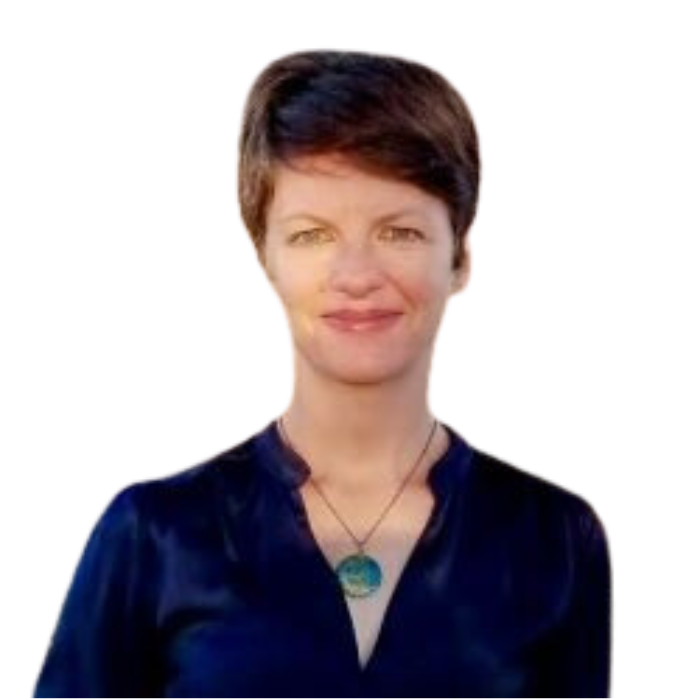
Amanda Ripley
Author and Journalist
Amanda Ripley is a New York Times bestselling author, a Washington Post contributor and the co-founder of Good Conflict, a company that creates original content and workshops to help people get smarter about how they fight.
Amanda has spent her career trying to make sense of complicated human mysteries by following survivors of all kinds. Her most recent book is High Conflict: Why We Get Trapped and How We Get Out, winner of a 2022 Christopher Award. Her previous books include The Unthinkable: Who Survives When Disaster Strikes—and Why, which was published in 15 countries and turned into a PBS documentary, and The Smartest Kids in the World—and How They Got That Way, a New York Times bestseller which was also turned into a documentary film.
In her books and magazine writing, Amanda combines storytelling with data to help illuminate hard problems and solutions. She often follows people who have been through some kind of a transformation—including the survivors of hurricanes and plane crashes, American teenagers who enrolled in high school in other countries and politicians who were bewitched by toxic conflicts and managed to break free.
For the Washington Post, POLITICO Magazine and other outlets, she has written feature stories on what Congress could learn from a former gang leader, why she stopped reading the news, and the untold story of the Afghan women who hunted the Taliban.
Her work has also appeared in the New York Times, the Atlantic, the Wall Street Journal, Slate, the Guardian, the Harvard Business Review and the Times of London. Her stories helped Time win two National Magazine Awards. Previously, she served as an Emerson Collective Senior Fellow and the host of the weekly Slate podcast How To!
To discuss her writing, Amanda has appeared on ABC, NBC, CBS, CNN, FOX News and NPR. She has spoken at the Pentagon, the Senate, the House of Representatives, the State Department and the Department of Homeland Security, as well as conferences on leadership, conflict resolution and education.
Amanda started her journalism career covering courts and crime for Washington City Paper, where she had the great fortune to work for an editor named David Carr, who pushed young writers to get out of the newsroom and listen deeply to people who were different from themselves. She then spent 10 years working for Time Magazine in New York, Washington and Paris. Currently, Amanda lives in Washington, D.C., with her family. She is a trained conflict mediator and a less well-trained youth soccer coach.